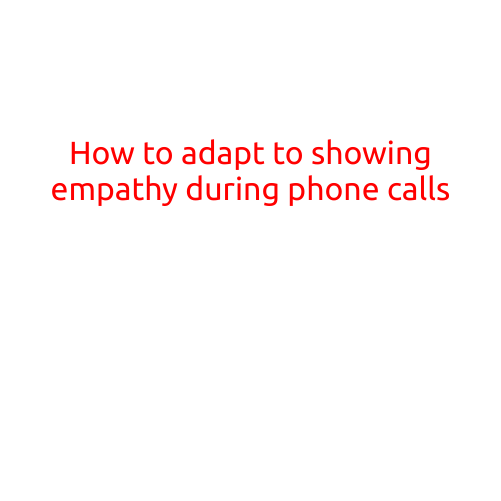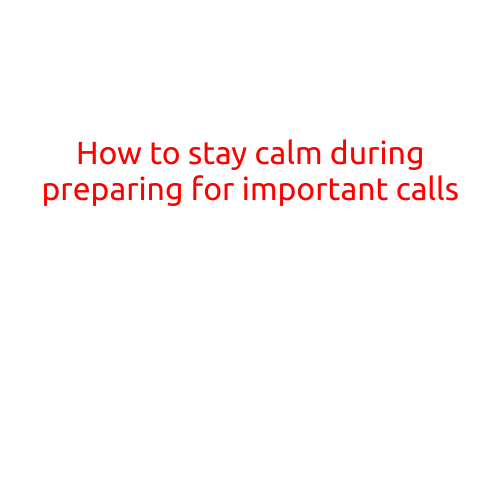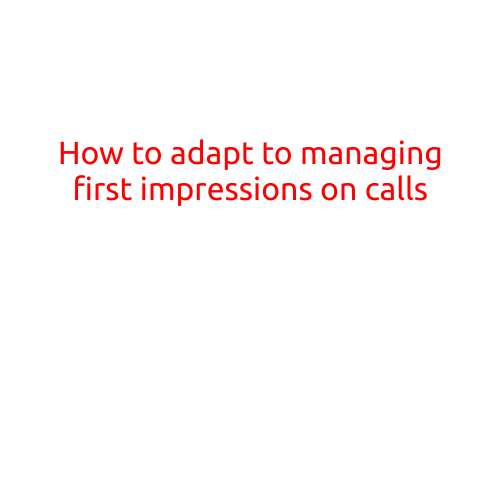
How to Adapt to Showing Empathy During Phone Calls
In today’s fast-paced digital age, phone calls have become an essential tool for communication. Whether it’s a personal or professional call, empathy is a crucial aspect to master to build strong relationships and convey understanding. Some people believe that empathy is more challenging to show over the phone compared to in-person interactions, but with practice and some simple tips, you can adapt to showing empathy during phone calls.
Why Empathy Matters During Phone Calls
Empathy is essential during phone calls because it helps to:
- Build trust: When you show empathy, you help the caller feel understood and validated, which fosters trust and a stronger connection.
- Resolve conflicts: Empathy can diffuse tense situations and create a more constructive conversation.
- Improve communication: Empathy helps to clarify the issue and ensures that both parties are on the same page, reducing misunderstandings.
Tips to Show Empathy During Phone Calls
- Active Listening: Pay attention to what the caller is saying, both verbally and non-verbally. Repeat back what you’ve understood to show you’re actively listening.
- Put Yourself in Their Shoes: Imagine how the caller might be feeling and try to understand their perspective. This helps to build rapport and show you care.
- Use Empathetic Phrases: Use phrases like “I can imagine how frustrating that must be for you” or “That sounds really tough” to demonstrate empathy.
- Show Understanding: Acknowledge the caller’s emotions and validate their feelings. For example, “I can understand why you’d feel upset about that.”
- Ask Open-Ended Questions: Encourage the caller to share more information by asking open-ended questions that begin with what, how, or why.
- Maintain a Calm Tone: Speak in a calm, gentle tone to convey a sense of empathy and understanding.
- Avoid Giving Unsolicited Advice: Unless the caller specifically asks for advice, avoid giving unsolicited solutions. Instead, focus on listening and offering support.
- Show Appreciation: Express gratitude for the caller’s time and acknowledge the effort they’re putting into the conversation.
- Be Present: Put aside distractions and focus on the conversation. Make eye contact, even if you’re not physically present.
- Follow Up: After the call, follow up on any agreements or actions discussed to demonstrate your commitment to the caller.
Conclusion
Showing empathy during phone calls requires practice, but with these tips, you can adapt to building strong relationships and conveying understanding over the phone. Remember, empathy is about understanding and relating to the caller’s emotions and perspective, not about giving unsolicited advice or trying to fix the problem instantly. By incorporating these tips into your phone calls, you’ll become more effective at showing empathy and building stronger connections with others.





